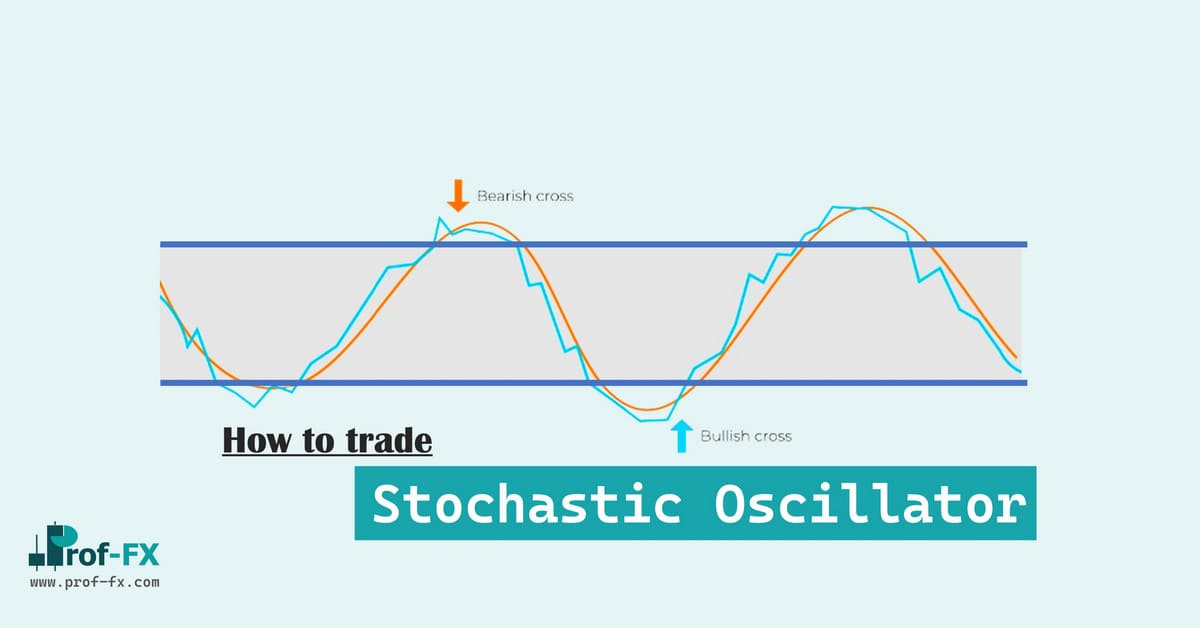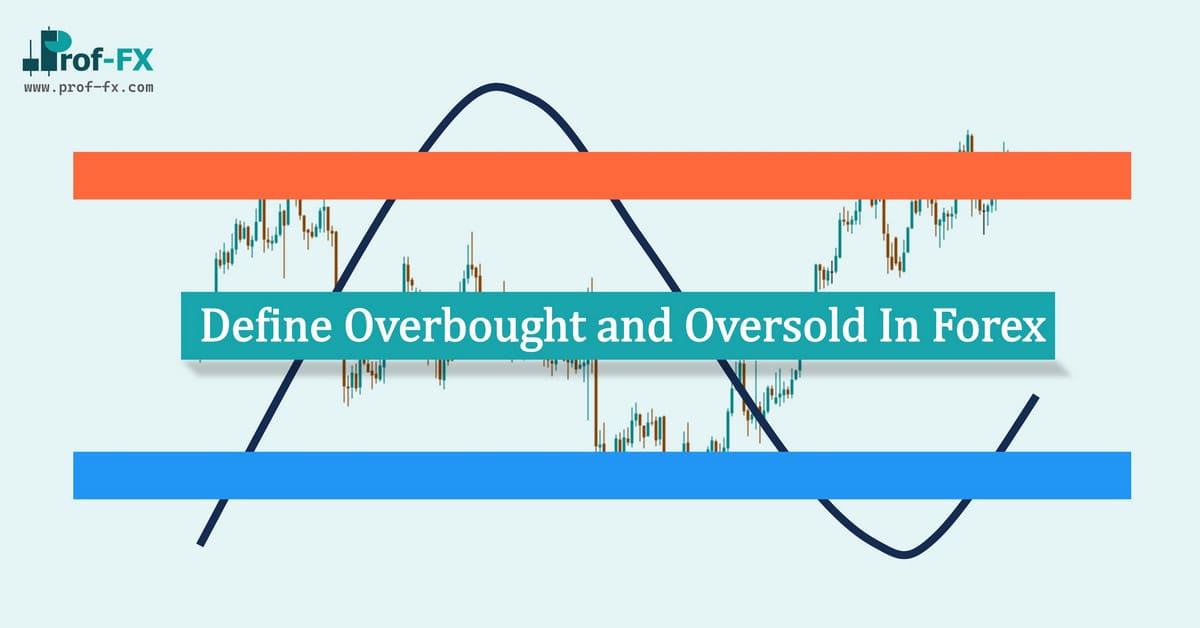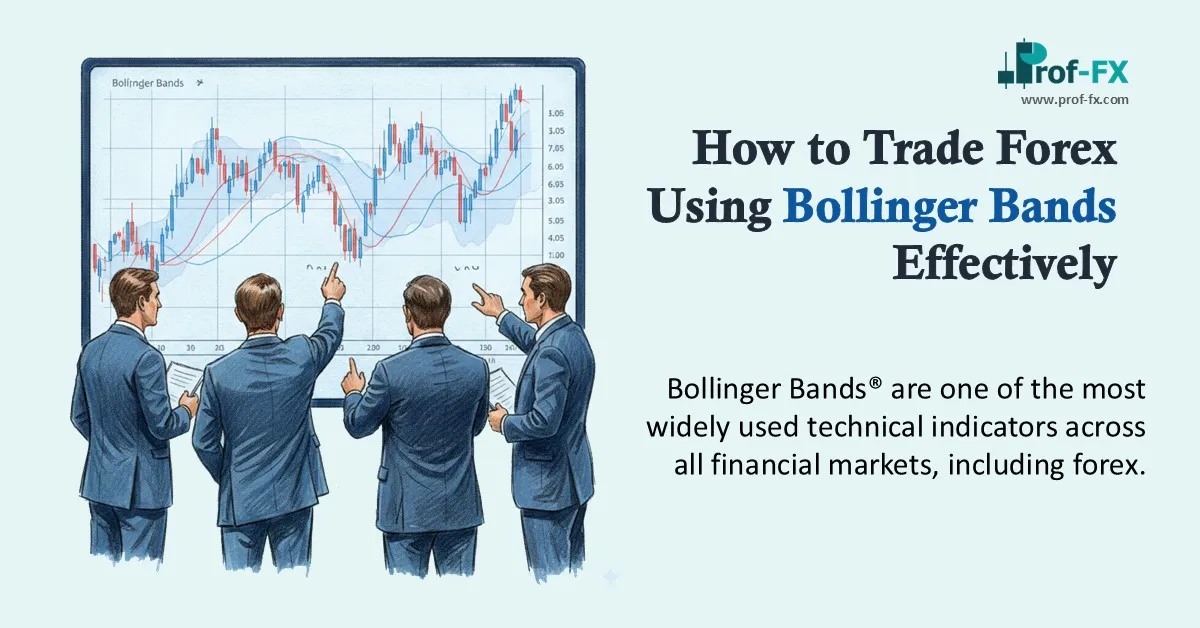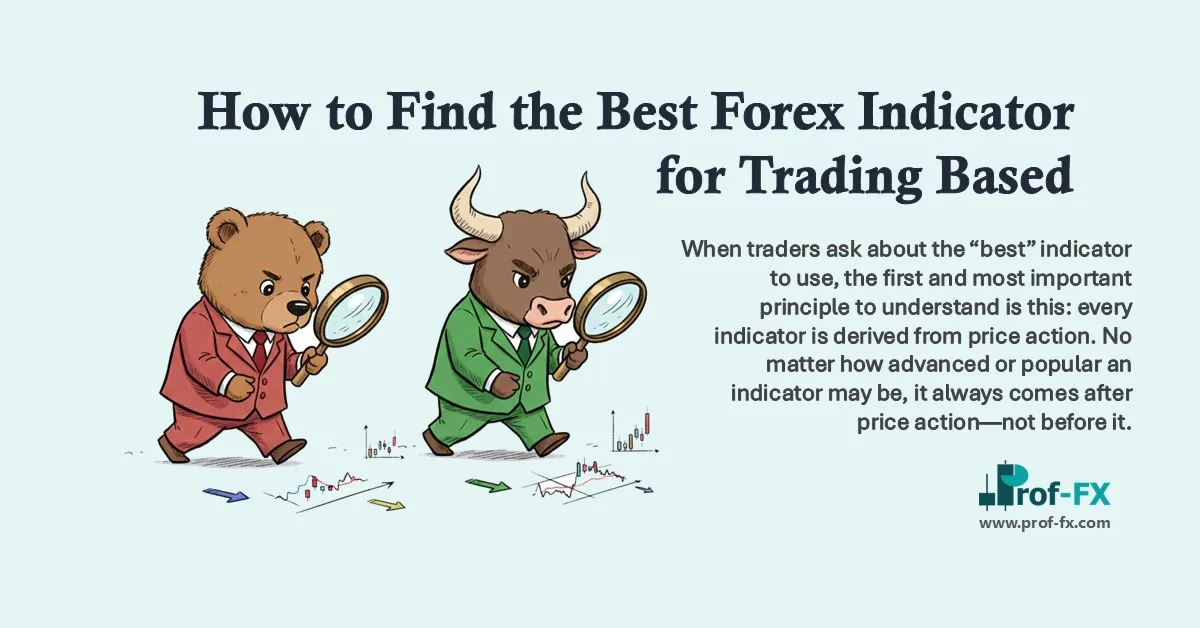Why do we care what goods or services a country imports? We care because if we know the primary goods and services that a country imports, we know what markets and prices we need to be paying attention to for signs that supply of the local currency may be changing.
For instance, Japan is a net importer of oil. In fact, it is the fourth largest importer of oil in the world—behind only the United States, the European Union, and China. Because Japan imports so much oil, and because oil is priced in U.S. dollars, the Japanese yen is sensitive to changes in the price of oil.
When oil prices go up, Japanese importers have to sell more Japanese yen and buy more U.S. dollars in order to pay for the same amount of oil. This will probably drive down the value of the Japanese yen by increasing its supply on the market and drive up the value of the U.S. dollar by increasing the demand for that currency.
The opposite is also true. When oil prices go down, Japanese importers have to sell fewer Japanese yen and buy fewer U.S. dollars in order to pay for the same amount of oil. This will probably drive up the value of the Japanese yen by increasing its supply on the market more slowly, and drive down the value of the U.S. dollar by decreasing the demand for that currency.
As we walk through and classify the goods and services that a country imports, we will be using the same classification system from the World Trade Organization that we used when we were discussing a country’s exports.
From Whom Does Your Economy Import?
Why do we care from whom a country imports its goods and services? We care because the value of the currency of the country from which a country is importing will have a direct effect on the value of the importer’s currency.
For instance, more than half of the goods and services that Canada imports come from the United States. This means that the Canadian dollar and the Canadian economy are quite sensitive to changes in the value of the U.S. dollar. If the value of the U.S. dollar goes up, Canadian importers will have to sell more Canadian dollars and buy more U.S. dollars in order to pay for the same amount of goods and services. This is likely to drive down the value of the Canadian dollar by increasing its supply on the market and drive up the value of the U.S. dollar by increasing the demand for that currency. The opposite is also true. If the value of the U.S. dollar goes down, Canadian importers will have to sell fewer Canadian dollars and buy fewer U.S. dollars in order to pay for the same amount of goods and services. This is likely to drive up the value of the Canadian dollar by increasing its supply on the market more slowly and drive down the value of the U.S. dollar by decreasing the demand for that currency.










